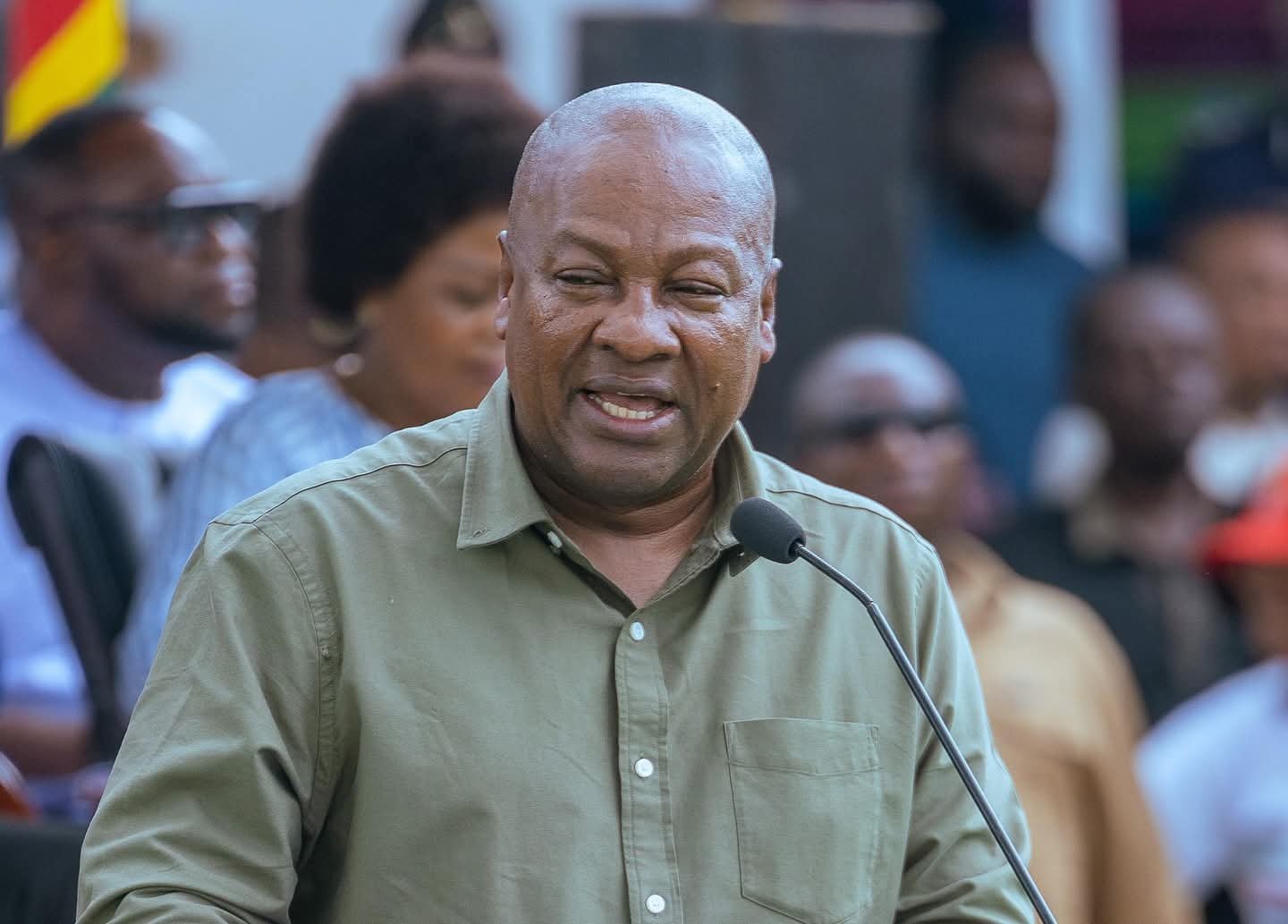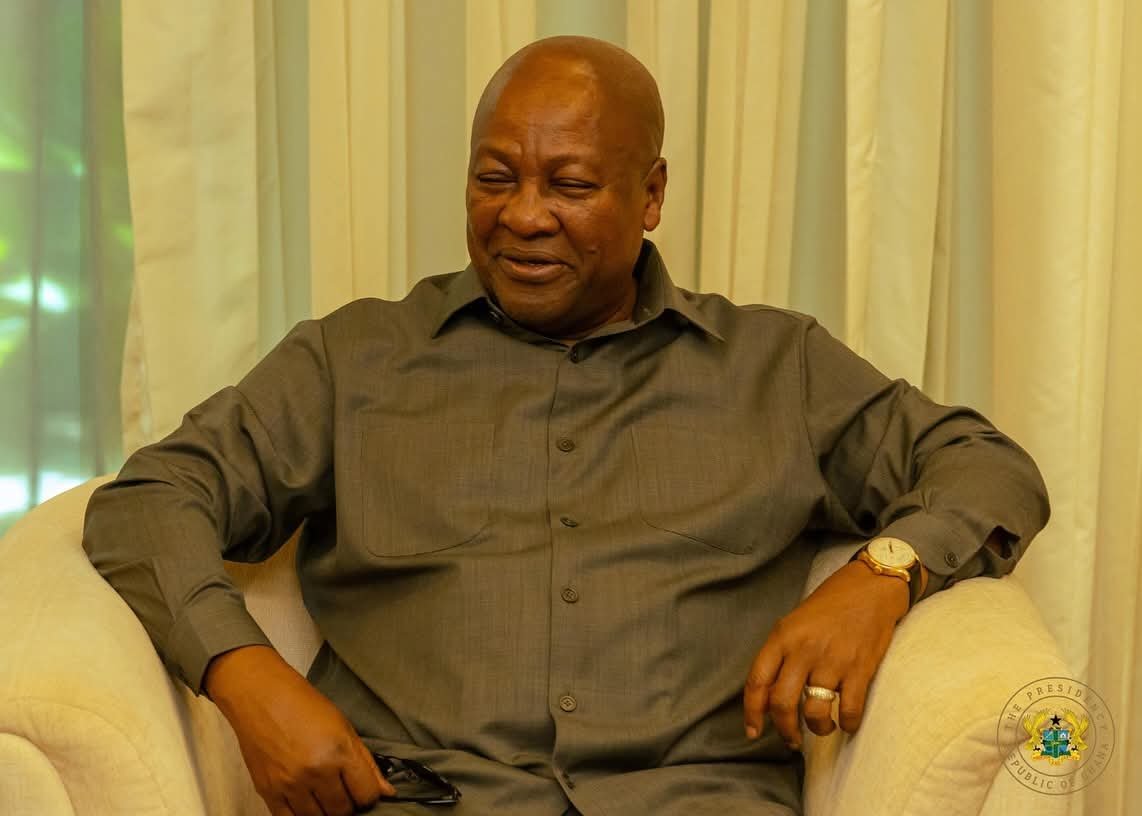News
AMIC to offer free pre-screening for knee and hip
African Medical Information Center (AMIC), working through AMIC Medicare Diagnostic Centre is to offer free pre-screening for knee and hip, which would also serve as a significant step forward in enhancing healthcare in Ghana.
The comprehensive free pre-screening camp, scheduled for June, July, and final surgeries in August, aims to revolutionise healthcare in Ghana.
“Early detection and treatment can prevent minor issues from becoming major problems, and screening can identify risk factors and enable preventative measures. This will position Ghana as a medical tourism hub,” Mr. Jignesh Viradia, Chief Executive Officer of the African Medical Information Center (AMIC-www.amicafrica.com), revealed at the weekend.
Mr. Viradia said the ground-breaking health project seeks to offer affordable and discounted premium Total Knee Replacement (TKR) and Total Hip Replacement (THR) surgeries to those in need.
“The surgeries will not only transform the lives of those suffering from knee and hip conditions but also provide local medical professionals with the opportunity to receive training and enhance their skills,” he said.
“Knees and hips are the foundation of one’s mobility and wellbeing, but unfortunately, many take them for granted until problems arise. Knee and hip issues can lead to chronic pain, limited movement, and a reduced quality of life,” the AMIC CEO stated.
He noted that World Health Organisation (WHO) data indicates that approximately 1.5 billion people worldwide suffer from chronic musculoskeletal disorders, with knee and hip problems being among the most common.
In Ghana, he noted that the prevalence of knee and hip problems is significant, with a recent study indicating that over 20 per cent of adults experience chronic knee pain.
Mr. Viradia therefore stressed the need for proper management and screening, which would help individuals prevent or manage these problems.
“Knee and hip health are crucial for our overall wellbeing. Regular screening and management can make a significant difference in preventing and treating problems,” he stated, stressing effective pain management.
“These camps were organized on various verticals, like transplants for kidney, liver, and pancreas-cochlear implants for the deaf; neurosurgeons for tumours and brains; Onco-surgery for cancer; orthopaedics for bones; and complex surgery,” he noted.
He said AMIC, along with AMIC Medicare Diagnostic Centre is collaborating with AIMS Hospital, Wisconsin University, with support from the Dental Medical Council and other public health directorates, along with strategic stakeholders in the health sector, to offer free prescreening for knee and hip. The camp emphasizes only TKR-THR (knee and hip).
The camp will begin with free prescreening camps in June and July until the first week of August, followed by the surgical camp at the end of August. A team of experienced surgeons from India and local doctors will perform the surgeries, along with hands-on training and CPD, while also providing live training sessions for local medical professionals.
He said, “We are committed to providing quality medical care and empowering local doctors with the latest techniques and expertise,” he said, stressing that “this initiative is a game-changer for Ghana’s healthcare landscape, and we are proud to be a part of it.”
He said that for over a decade, AMIC-Africa Medical Information Centre has been a leading healthcare information provider in Ghana, dedicated to providing quality and affordable healthcare.
He recommended regular exercise, maintaining a healthy weight, proper footwear, and ergonomic furniture to help prevent strain on these joints.
News
Steps underway to repeal L.I 2462 – Prez assures

President John Dramani Mahama has assured Ghanaians that steps are underway to repeal Legislative Instrument 2462 as part of efforts to protect the country’s forests and water bodies.
During his media encounter at the Jubilee House, the president explained that the repeal will formalise the ban on mining in forest reserves and strengthen enforcement against illegal mining.
He stressed that his administration is committed to safeguarding the environment, reclaiming degraded reserves, and deploying more personnel to protect river bodies across the country.
By: Jacob Aggrey
News
9 forest reserves recovered from illegal mining – President Mahama

President John Dramani Mahama has announced the recovery of nine forest reserves from illegal mining under his government’s intensified environmental protection drive.
Addressing journalists at the Jubilee House, the president explained that hundreds of excavators, water pumps and other equipment have been seized as part of the operation, while degraded areas are being reclaimed and restored.
He reaffirmed his administration’s commitment to end mining in protected areas, deploy more personnel to safeguard river bodies and strengthen laws to secure Ghana’s natural resources for future generations.
This notwithstanding, President Mahama revealed that two of the retrieved forest reserves had gone back into the hands of illegal miners, however, adequate measures have been put in place to reclaim them.
By: Jacob Aggrey






